Developmental Diversity Guiding Principles
Basic Principles
All written and unwritten policies and procedures for the Benton County Developmental Diversity division will adhere to the following principles:
1. Respect everyone
We respect people’s rights and choices and their rights to make choices. This includes the right to privacy and confidentiality. We honor the worth and dignity of all people. Those who have to live with the decision should make the decision. Our role is to offer support, information, counsel, and options.
2. Benefit others
We act in ways to benefit others by doing good and preventing harm. We make efforts to ensure the well-being of others by working together to support healthy and happy individuals and communities. We implement programs and services in such a way that access is welcoming and easy. If the system demands complexity, we bear the burden of it and make processes as simple as possible for the people we support. We provide support in ways that benefit others not in ways that are easier for us.
3. Be compassionate and understanding
We care about and try to understand the whole person through listening and acting with genuine concern. Supports are individualized. They are flexible, responsive, and sensitive to the unique needs of the individual, family, and culture.
4. Be fair
We treat all people fairly with equitable access and opportunities. It is not our role to judge. Our role is to give people every opportunity to succeed. We will interpret rules with a generous intent to facilitate meeting the needs of individuals covered by the rule. If we make a mistake, we take responsibility for correcting the mistake. We advocate for the civil and human rights of all people.
5. Be responsible
We are responsive to needs and address them in a responsible way. This includes being honest and trustworthy, communicating clearly and openly, and using resources and gifts wisely. We always try to serve people at the appropriate level of support to ensure health and safety and to enhance independence and choice. We work with all of our partners with respect and seek to develop trust-based relationships. We are honest and forthright in our communications and actions. If we promise something, we will deliver it. If we can’t deliver, we won’t promise.
A Model for Helping People and their Communities
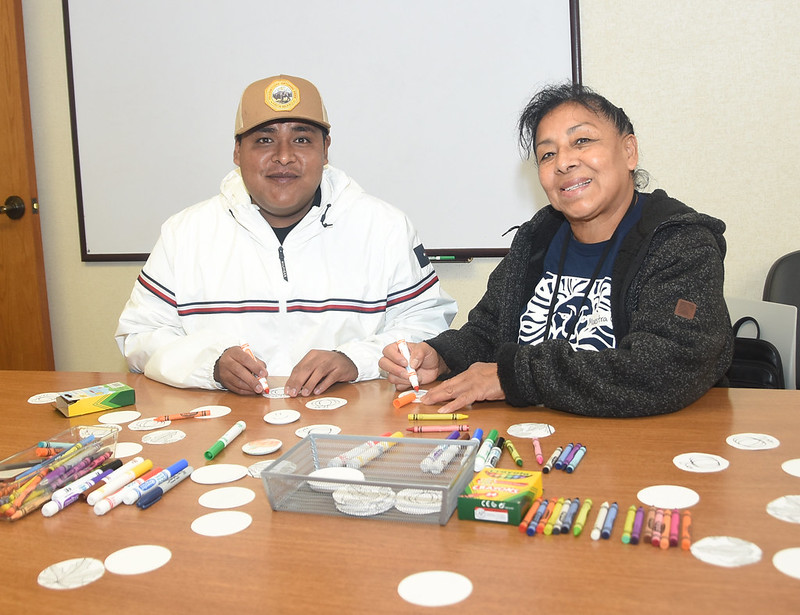
1. Asking for Help
See more…
If someone is requesting help, they need help. Support systems need to be responsive to the real needs of individuals, rather than diagnostic categories and eligibility rules. Everyone requesting assistance should receive some level of assistance to help them achieve a higher level of functioning and independence. Individuals can not be expected to speak the right jargon or have the proper documentation during a time of great difficulty. The complexity of a system should be assumed by the people who work within it and not be passed on to those who seek assistance.
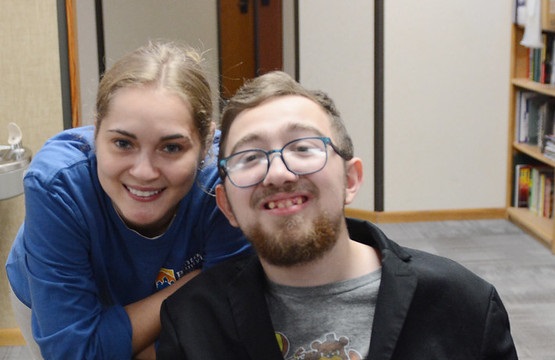
2. Having a Support Person
See more…
When people need help and support, they need to be engaged in a caring relationship to help them identify, access, accept, coordinate, and create a network of supports and services that will allow them to be healthy, safe, independent, and contributing members of the community. Support people are responsible for building a trusting relationship, assessing needs and willingness to accept support, and helping to access appropriate services and supports. It is important for the individual to have a support person as a single point of access to a wide array of services. Services coordination needs consistency and continuity.
3. Individualizing Service Delivery
See more…
Services and supports must be tailored to the needs of each individual. Rather than offering an array or menu of available services, individuals and their support teams and support people need to identify needs and opportunities and develop an individualized approach that may include both established and created services. The individual needs support to imagine possibilities not previously considered and should not be expected simply to “plug into” existing services.
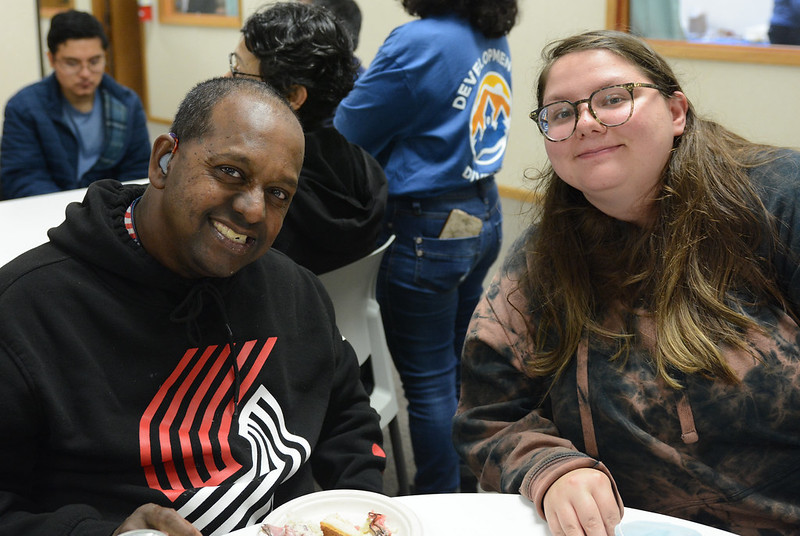
4. Providing Community-based Services
See more…
Services and supports should be delivered in the community in the physical and cultural environment in which the individual lives. Some medical and other services may be more appropriate to be delivered in a clinic setting, but these should be balanced with other community-based supports. Community-based supports must include supported housing and
employment, skill-based continuing education and training, social supports, peer supports, and crisis response. These supports must be on a spectrum of minimal support to extensive support with many individualized gradations in between. Too much or too little support can result in a bad outcome. Enough support is just right.
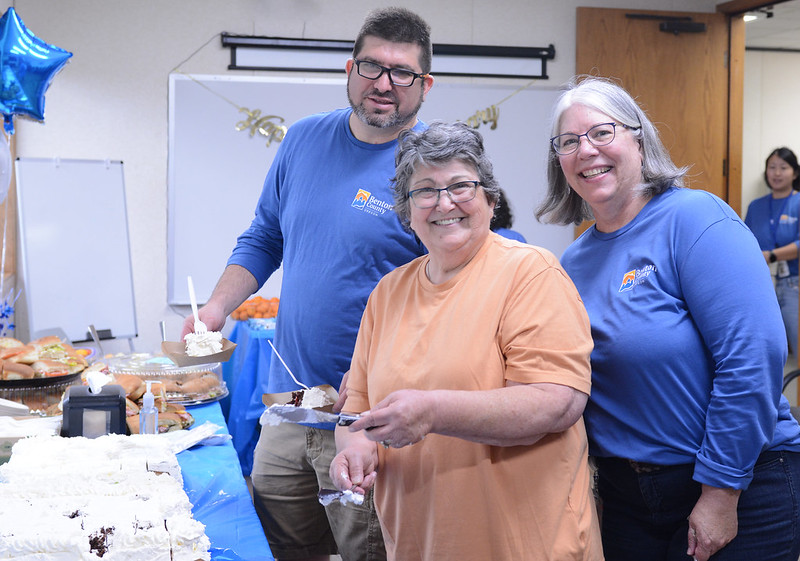

5. Ensuring Support for Basic Needs
See more…
Individuals will need to have access to assistance to meet basic needs such as income support and health care. Programs serving individuals should also have access to limited flexible funding to prevent small problems from escalating and derailing independence and functioning. It is not unreasonable and may even be beneficial to expect something in return from the individual for accessing this assistance. Everyone should be expected to contribute to the community in some way that is appropriate to their abilities.
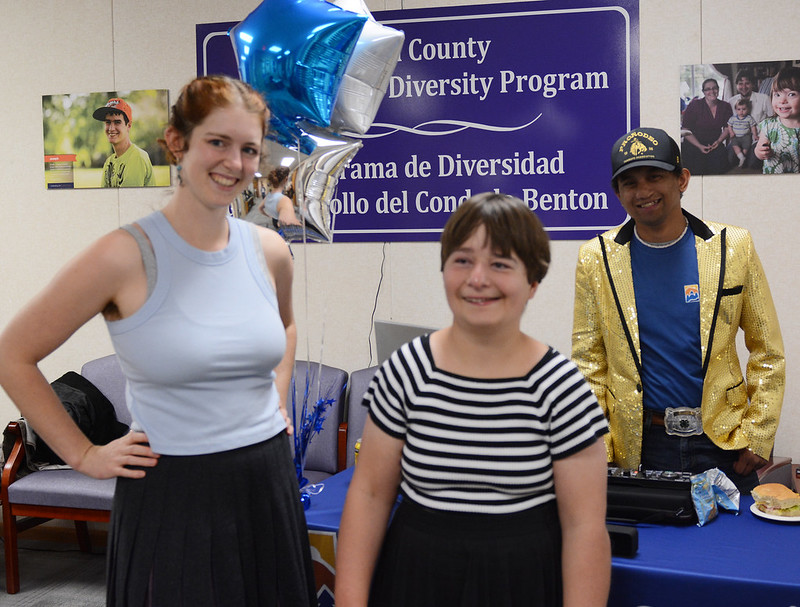
6. Offering Follow-along Services
See more…
The individual should have a right to choose which services and supports they are willing to accept. The individual should not be denied access to basic supports and services coordination based upon refusal to accept certain services and supports. The support person should follow the individual and maintain relationship to encourage needed support and be available when circumstances change. Some times people get worse before they get better and it helps to have someone with them during the worse times to help them when they are ready to get better.
7. Working Within Important Relationships
See more…
The power to influence real change is within relationships and the individual must be seen and worked with in the context of important relationships. Existing relationships to family, friends, and community must be included and new relationships developed.
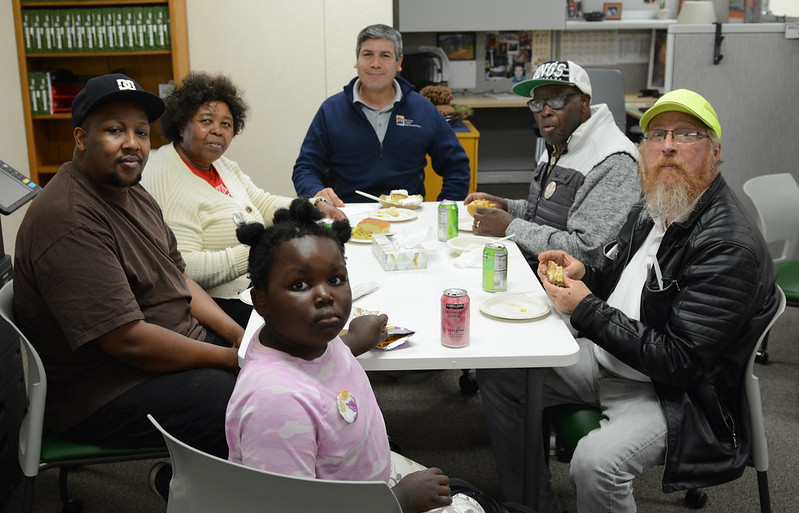
8. Being Responsive and Accountable
See more…
Services need to be timely and appropriate. Services should be delivered according to the need of the individual rather than the organization delivering the service. It is more helpful and ultimately more efficient to look at the whole person in a comprehensive and intensive manner in a compressed time period than to make multiple appointments spread out over a longer time period looking at discreet aspects of an individual’s life. A multi-disciplinary team approach should include all the necessary participants, but does not need to include the same people for every individual. Once services and supports are identified and delivered, they need to be assessed for effectiveness and follow through. On-going monitoring of services is needed even after individuals seem stable.
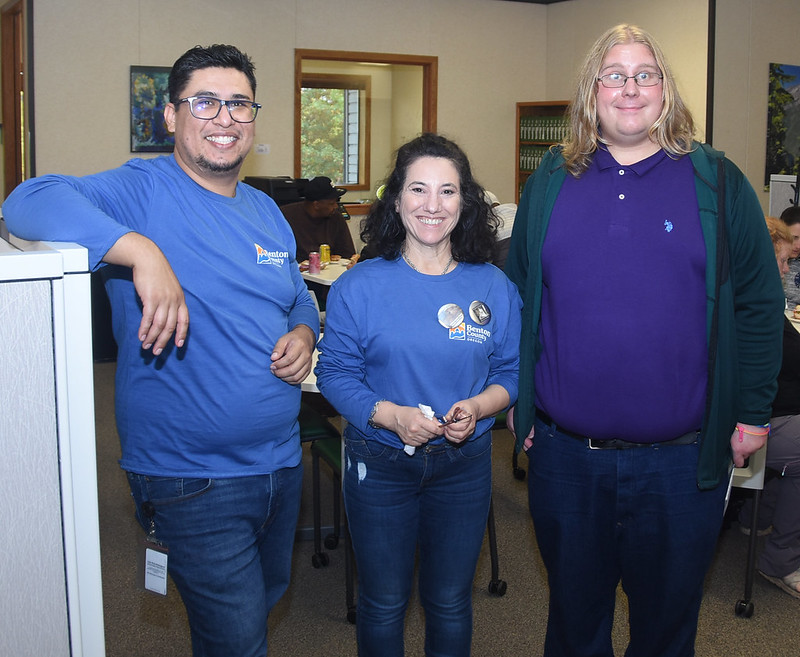
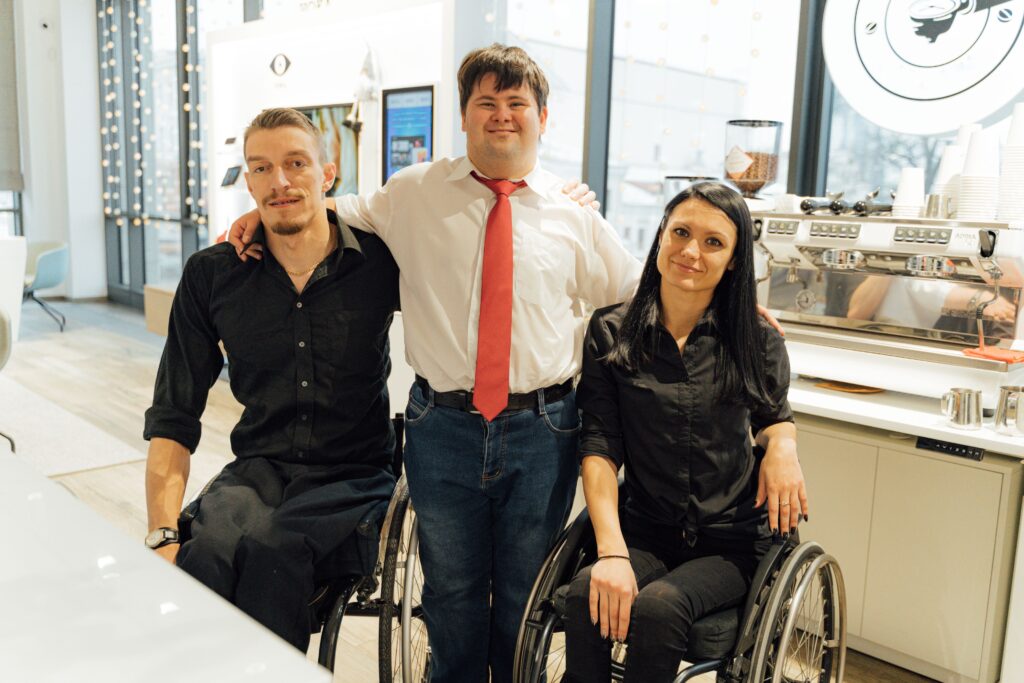
9. Removing Barriers
See more…
We need to simplify our language, simplify our accounting and documentation, simplify our payment mechanisms, and have the simplest most efficient service delivery possible. Anything that can get in the way should receive prompt attention and be overcome quickly. Keeping the focus on the end result and the needs of the people being served helps to remove unnecessary barriers that are created by thinking from the perspective of the organization.
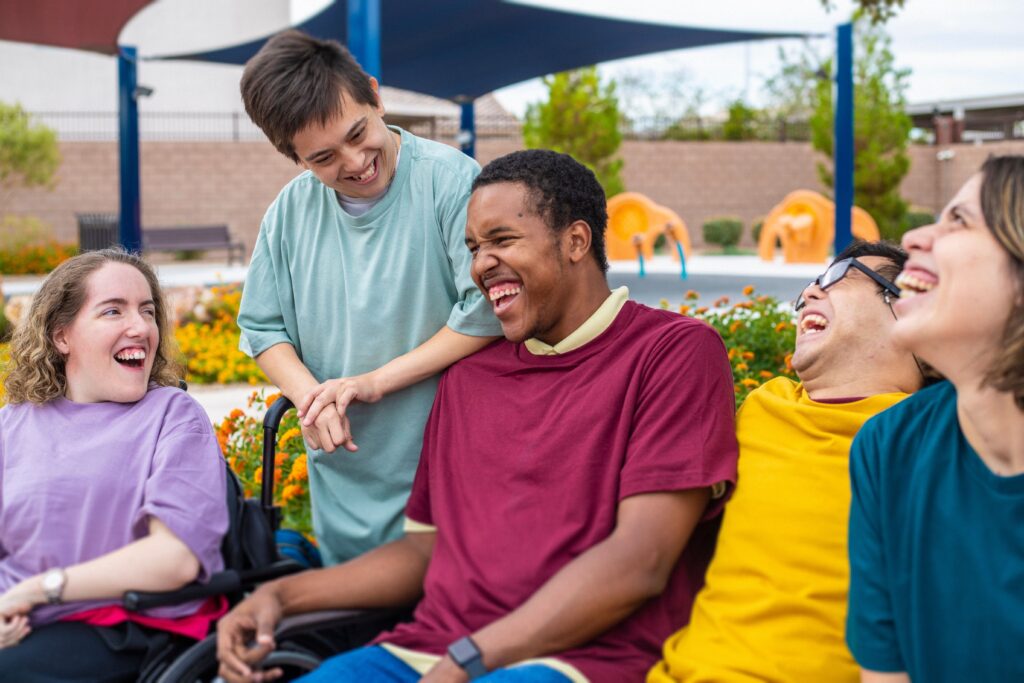
10. Supporting Each Other
See more…
Those who support others need support themselves. Small teams working together provide a synergy of ideas and energy that benefits everyone. Isolation of people who offer services and people who receive services has negative results. The responsibility of caring for people in our community should be shared by small teams of individuals working together.
